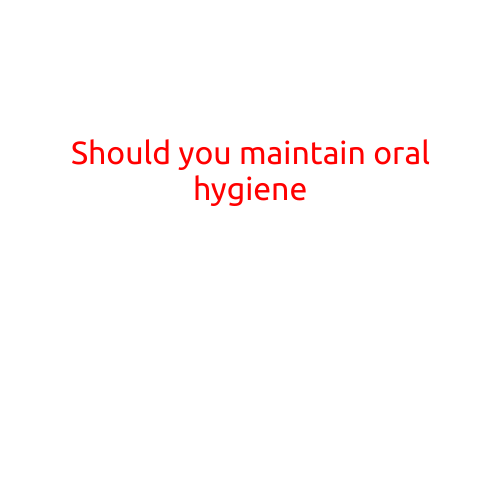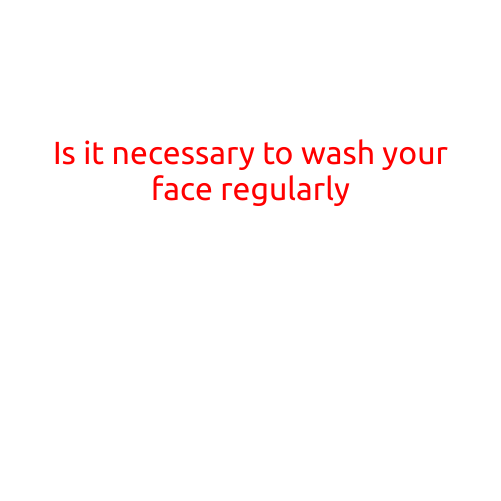
Should You Practice Good Hygiene Habits?
Good hygiene habits are essential for maintaining a healthy and happy life. Practicing good hygiene not only helps to prevent the spread of illness and disease, but it also boosts your confidence and overall well-being. In this article, we’ll explore the importance of good hygiene habits and provide you with some practical tips on how to incorporate them into your daily routine.
Why Good Hygiene Habits Are Important
Good hygiene habits are crucial for preventing the spread of illnesses. When we touch surfaces or come into contact with others, we can inadvertently transfer bacteria, viruses, and other microorganisms from our hands to our faces, eyes, and mouths. By washing your hands regularly and maintaining good hygiene practices, you can significantly reduce the risk of getting sick.
Good hygiene habits are also important for maintaining good health and preventing infections. For example, washing your hands before handling food can prevent foodborne illnesses, while practicing good oral hygiene can prevent tooth decay and gum disease. Additionally, good hygiene habits can help to prevent skin infections, athlete’s foot, and other fungal infections.
Practical Tips for Practicing Good Hygiene Habits
- Wash Your Hands Frequently
Washing your hands is one of the most important good hygiene habits you can practice. Make it a habit to wash your hands:
* Before handling food or eating
* After using the bathroom
* After blowing your nose, coughing, or sneezing
* After touching animals, their food, or waste
* After touching garbage or anything that may have come into contact with germs
Use warm water and soap, and make sure to scrub all surfaces of your hands, including your wrists, between your fingers, and under your nails. Rinse your hands thoroughly and dry them completely with a clean towel.
- Shower or Bathe Regularly
Taking regular showers or baths is essential for maintaining good hygiene. Aim for at least one shower or bath per day, and make sure to:
* Wash your body with soap and warm water
* Pay special attention to areas prone to sweat, such as your armpits and groin
* Rinse your body thoroughly and dry yourself completely with a clean towel
- Brush and Floss Your Teeth
Good oral hygiene is crucial for maintaining good health and preventing tooth decay and gum disease. Make it a habit to:
* Brush your teeth at least twice a day with a fluoride toothpaste
* Pay special attention to the areas where your teeth and gums meet
* Floss at least once a day to remove food particles and plaque from between your teeth
* Visit your dentist regularly for check-ups and cleanings
- Practice Good Hair and Nail Hygiene
It’s easy to forget about hygiene practices when it comes to your hair and nails, but it’s just as important to practice good hygiene in these areas. Make it a habit to:
* Wash your hair regularly with shampoo and conditioner
* Keep your fingernails and toenails clean and trimmed
* Avoid sharing personal care items, such as hairbrushes and nail clippers
- Wear Clean Clothing and Bedding
Stinky clothes and bedding can be a breeding ground for bacteria and fungi. Make it a habit to:
* Wash your clothes regularly, especially after exercise or sweating
* Wash your bedding at least once a week, or more often if you sweat a lot at night
* Use a laundry detergent that contains antimicrobial agents to help eliminate bacteria and fungi
Conclusion
Practicing good hygiene habits is essential for maintaining a healthy and happy life. By washing your hands frequently, showering or bathing regularly, brushing and flossing your teeth, practicing good hair and nail hygiene, and wearing clean clothing and bedding, you can significantly reduce the risk of illness and infection. Make good hygiene habits a part of your daily routine and reap the benefits of a healthy, happy, and confident you!





